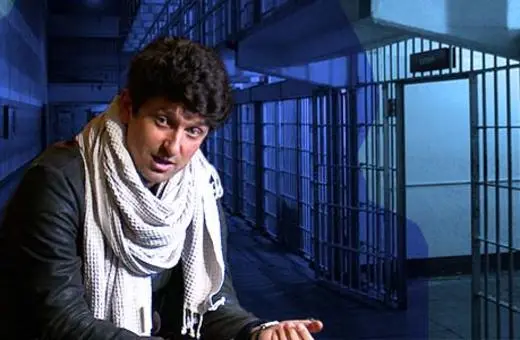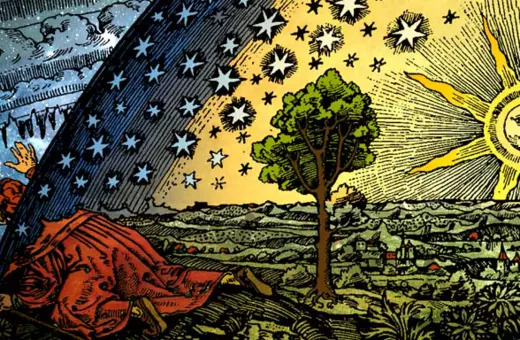The post-apocalyptic novel seems to be having something of a moment. Edan Lepucki's California may be the most talked-about, but The Queen of the Tearling by Erika Johansen is also receiving critical praise. Paul Kingsnorth's The Wake, meanwhile – a post-apocalyptic novel set 1,000 years in the past – has just been longlisted for the 2014 Man Booker Prize.
The third novel by American writer Sandra Newman is the latest to explore what happens following a catastrophe of planetary proportions. Like Kingsnorth's, her book The Country of Ice Cream Star is also written in a new vernacular – in Newman's case, one inspired by African-American English.
Here, Newman, whose debut novel – 2004's The Only Good Thing Anyone Has Ever Done – was nominated for the Guardian First Book Award, discusses language, youth culture, and her life-long passion for science fiction.
The post-apocalyptic seems to be something of a go-to milieu for literary novelists turning their hand to science fiction. Why do you think this is?
I would guess that the post-apocalyptic appeals to literary novelists because it’s usually not true science fiction; it’s fiction about the contemporary world, with one major change. So it’s a way of commenting on contemporary life, or on mortality in general, rather than a mode which generally lends itself to wild speculations about scientific discoveries or imaginary civilisations. I mean, my book is far enough in the future that you get the imaginary civilisations, but I don’t have to pretend to understand physics or biological engineering.
I think my personal interest in the end times is very much like that of other people. Most of us get weary of living in a world with eight billion plus other people, with all the attendant noise and pollution and ugliness. And most of us nervously anticipate that the world is much too fragile, and people far too volatile, for this situation to end well. So we put those things together and end up with something that’s both a compelling fantasy and a compelling horror scenario.
On this note, literary novelists are often derided by the SF community for in some way retreating from the full-blooded experience of ‘cognitive estrangement’ SF is considered to provide in favour of a simpler, more allegorical rendering of SF tropes. Were you self-conscious about entering new and potentially hostile territory?





















Join the conversation